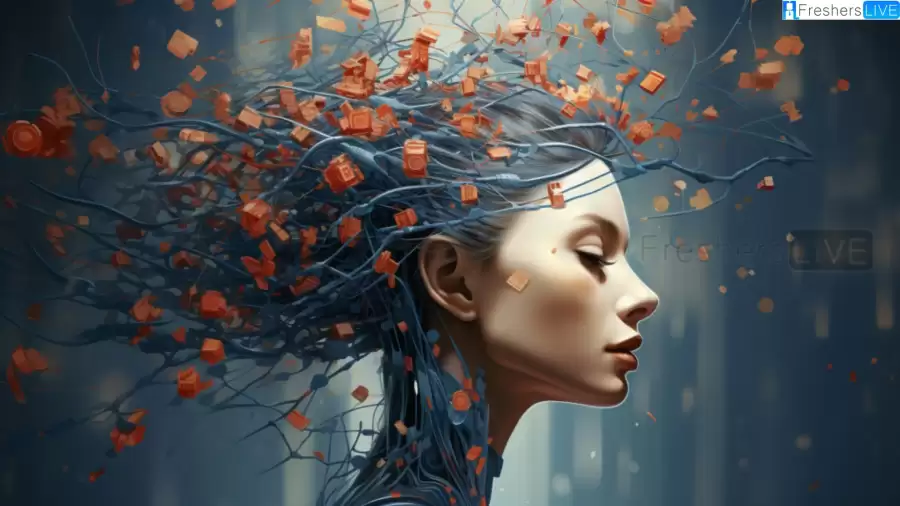Tricky Riddle Solved, You Have Me Today, Tomorrow You'll Have More Riddle Answer Explained
by Alaguvelan M
Updated Oct 04, 2023

You Have Me Today, Tomorrow You'll Have More Riddle
Riddle Question:
"You have me today, Tomorrow you'll have more.
As your time passes, I'm not easy to store.
I don't take up space, But I'm only in one place.
I am what you saw, But not what you see.
What am I?"
Explore the maze of riddles and discover the hidden gems of knowledge with Fresherslive page's collection of thought-provoking questions and answers.
You Have Me Today, Tomorrow You'll Have More Answer
The answer to the riddle is “Memories”.
Memories are a precious part of who we are. They help us to define our identity and to understand our experiences. They also help us to connect with others and to build relationships.
You Have Me Today, Tomorrow You'll Have More Explanation
Explanation:
This riddle highlights the intangible nature of memories and how they play a role in shaping our experiences and perceptions.
What is Riddle?
A riddle is a statement or question or phrase having a double or veiled meaning, put forth as a puzzle to be solved. Riddles are often used as a form of entertainment, but they can also be used to teach or to test one's knowledge.
Riddles can be simple or complex, and they can be about any topic. Some riddles are puns, while others are more metaphorical. Some riddles are easy to solve, while others can be very challenging.
Riddles can be enjoyed by people of all ages, and they can be a great way to exercise your brain. They can also be a lot of fun to share with friends and family.
Riddles are a great way to challenge your mind and to have some fun. So next time you are looking for something to do, try solving a riddle. You might be surprised at how much you enjoy it.
How to Play Riddle?
To play a riddle:
What are the Benefits of Playing Riddle?
There are many benefits to playing riddles, including:
Riddles are a fun and beneficial activity that can help you to improve your cognitive function, reduce stress, increase your vocabulary, improve your creativity, and connect with others.
You Have Me Today, Tomorrow You'll Have More Riddle - FAQs
The answer is "Memories."
Memories can fade or become harder to recall as time passes, making them less easily stored in our minds.
The riddle states that memories don't take up physical space but are only in one place, in our minds.
Memories help us define our identity, understand our experiences, and connect with others.
The riddle suggests that memories are what we saw in the past, but they are not physically present in the current moment.







